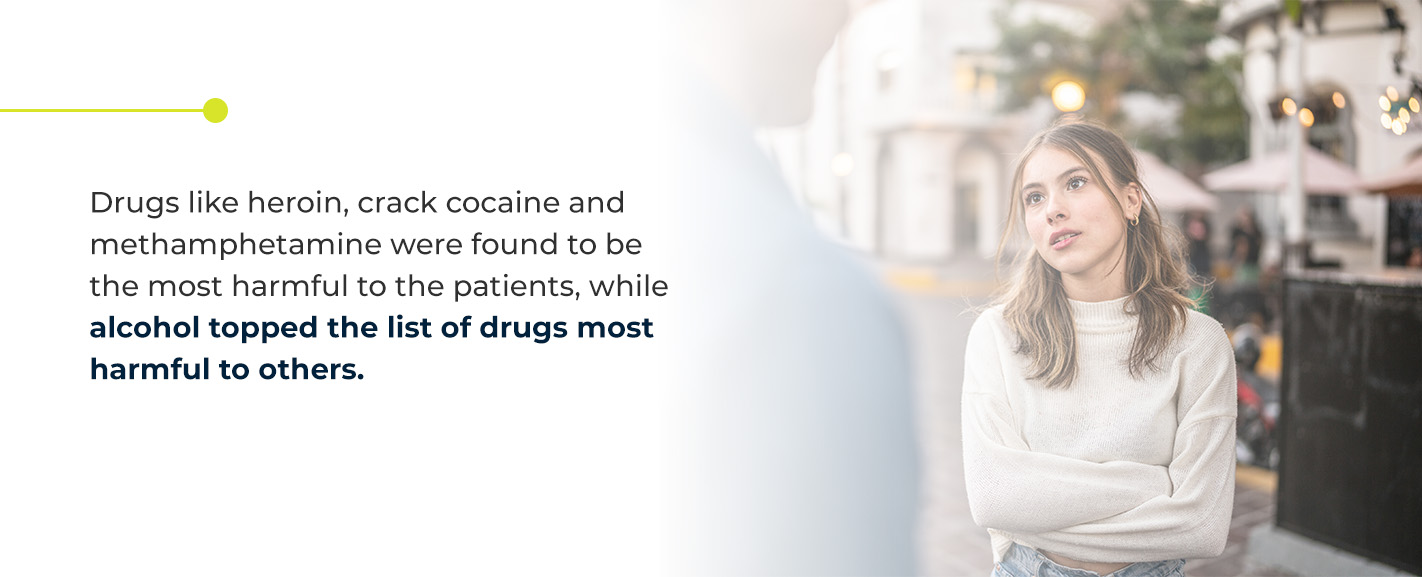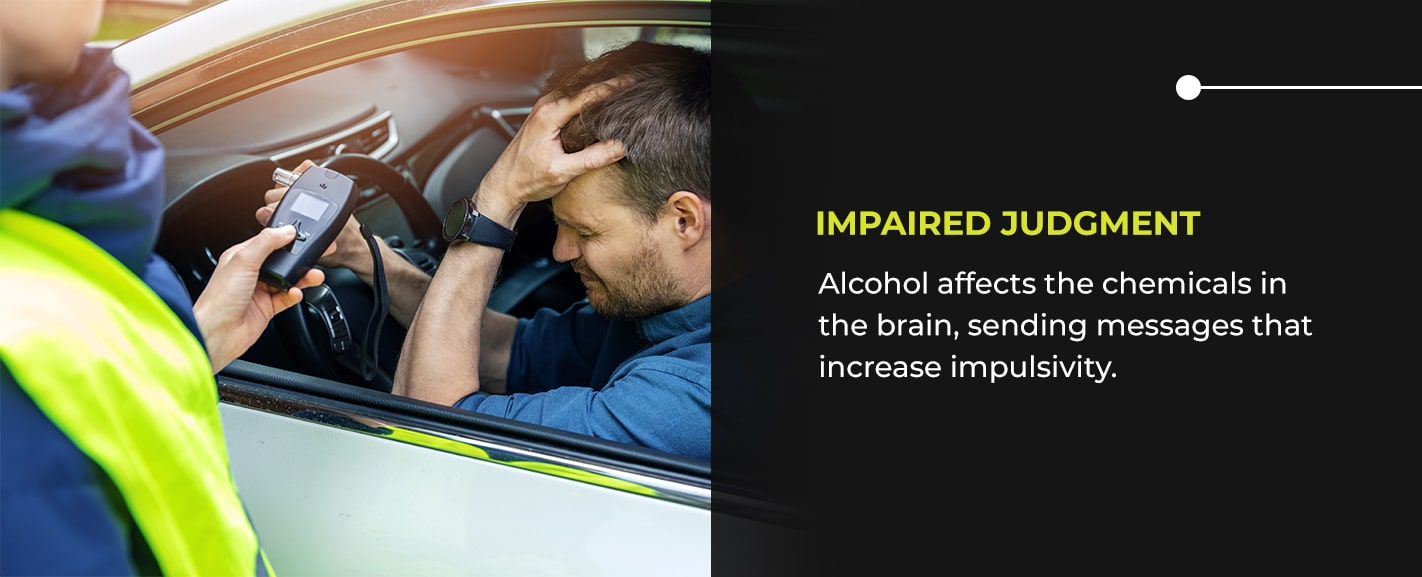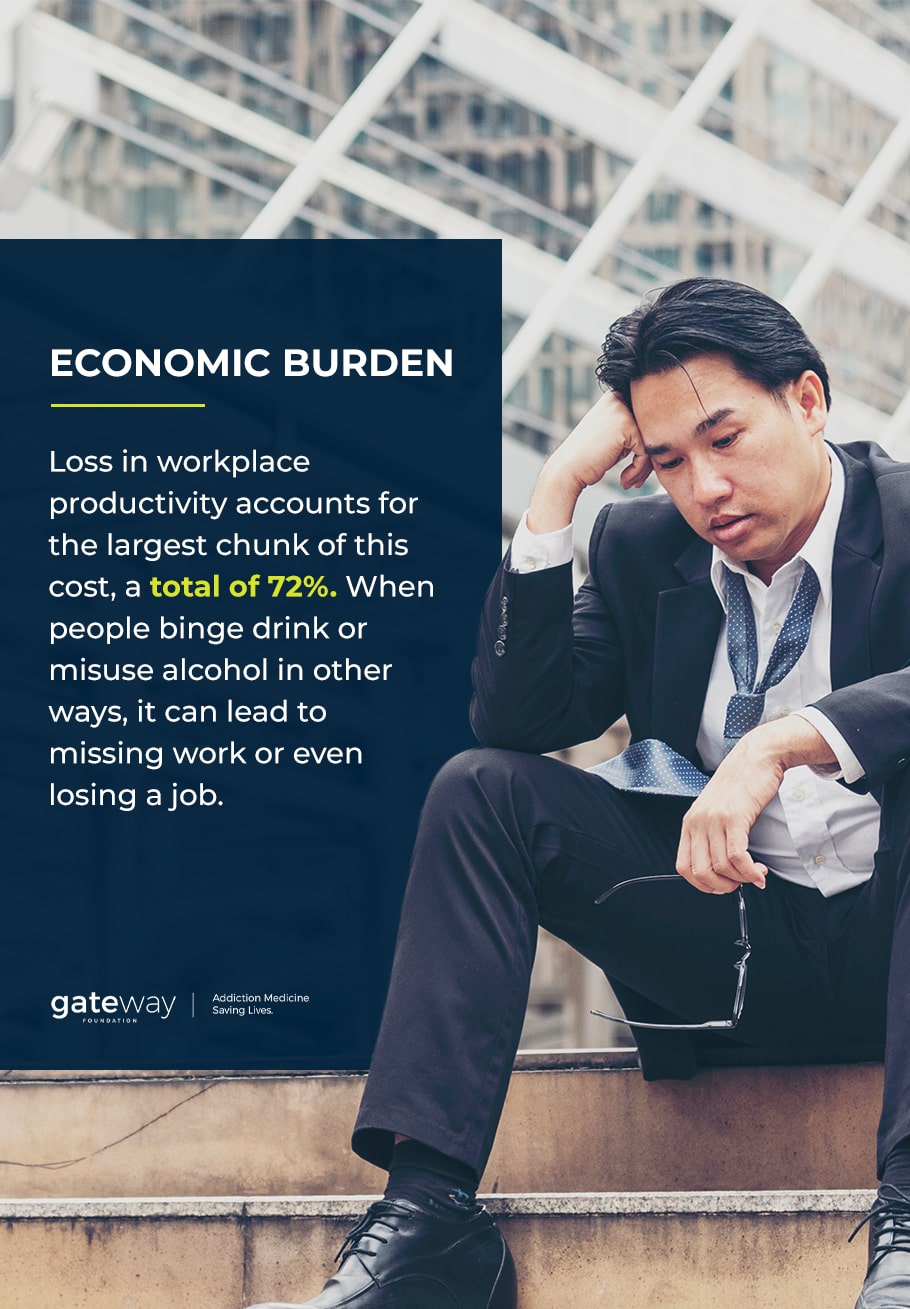- Aug 12
- Drug Addiction Treatment
What is the most harmful drug? Many people assume the answer to that question is heroin or methamphetamines. While these substances are without question dangerous, alcohol is considered the most harmful drug. But why does this legal substance have the potential to be so dangerous?
Alcohol is regarded differently than the other most dangerous drugs. As a legal substance, alcohol doesn’t seem to be a drug on most people’s radars. Drinking is socially acceptable and often glamorized. With an accepting social attitude and legal status, alcohol is easy to incorrectly regard as harmless. This approach can make it easier to use alcohol.
Take a closer look at just how harmful alcohol can be.
 Ranking the Harm Done by Drugs
Ranking the Harm Done by Drugs
Alcohol is the most dangerous drug, but how can that be determined? A study conducted by members of the Independent Scientific Committee on Drugs ranked 20 different drugs on a scale of 100 to determine which were the most harmful. Researchers ranked the substances based on harm done to the patient and harm done to others, weighing factors like physical damage, psychological effects and societal damage.
Drugs like heroin, crack cocaine and methamphetamine were found to be the most harmful to the patients, while alcohol topped the list of drugs most harmful to others. When considering overall harm, alcohol received the highest score — 72. Heroin received an overall score of 55 and cocaine an overall score of 54.

While putting a number on harm is very telling, just what factors make alcohol so dangerous for the people who use it and those around them?
Why Alcohol Is so Harmful
There are a handful of factors that make alcohol the most dangerous drug, including:
1. Accessibility
Alcohol is a very accessible drug. The legal drinking age in the United States is 21. Any adult can go to a bar or a liquor store to purchase alcohol. While some states and cities may have restricted hours for when alcohol can be purchased or served, it is generally easy to get a drink. Even teenagers are generally able to easily access alcohol, whether in their parents’ homes or from older siblings or peers. A survey found that 29% of teens drink and 14% binge drink.
When a substance is easy to get, it becomes easier to develop a substance use disorder or addiction for both minors and adults. In many social situations, alcohol is readily available and consumption is often expected. Accessibility and social pressure can be a dangerous combination.
2. Dependency
Alcohol dependence is a dangerous condition that develops when a person routinely uses this substance. Drinking alcohol does not mean that a person will develop a substance use problem or addiction. But, with alcohol so readily available and socially acceptable, it can be difficult to recognize the signs that indicate it is becoming a problem.
Drinking socially is the first factor in developing dependence for many people. Maybe you participate in binge drinking only at parties, but this can progress to every weekend. Over time, it can become easy to insert alcohol into many different situations. Instead of just parties or social gatherings, you may decide you need a few drinks to unwind after work or to help manage how you are feeling.
As this path progresses, alcohol can begin to interfere with your day-to-day life, affecting relationships and your job. At this stage, alcohol has definitely become a problem. Someone in this stage may or may not recognize this as the case. If they do know it is a problem but cannot stop, they have developed a dependence on alcohol.
Over enough time, it can become dangerous to quit drinking without help. Alcohol dependence is harmful because of the effects it has on you and the people around you, and it is potentially dangerous because you may not be able to stop drinking on your own. You may need to undergo medically supervised withdrawal.

3. Impaired Judgment
Many people drink alcohol because of its effects, like lowered inhibitions. Alcohol affects the chemicals in the brain, sending messages that increase impulsivity. These chemical messages and feelings can alter your behavior and your judgment skills.
Even a small amount of alcohol can begin to impair your judgment. At blood alcohol content (BAC) 0.02, a person drinking alcohol will begin to feel a change in their mood, feel some warmth in their body and have some altered judgment. As that BAC rises, the ability to reason and manage behavior deteriorates.
By the time BAC reaches 0.08, the person under the influence of alcohol will have issues with muscle coordination, slurred speech and impaired vision. Their judgment will be significantly impaired, as well as their self-control and memory.
Drinking to this point can directly result in poor decisions that harm you and others. That harm may be minimal, such as saying hurtful things, or severe, such as getting behind the wheel of a car. Regular use of alcohol to the point of intoxication with altered judgment has the potential to cause significant and repeated harm.
4. Health Effects
The short-term and long-term health effects of alcohol are well-documented. In the short term, alcohol use can increase the risk of experiencing injuries and accidents, such as car crashes or falls, violent behavior, risky sexual behavior and alcohol poisoning.
When heavy drinking becomes an addiction, the risk of long-term health complications comes into play. Alcohol can cause:
- Liver damage: Excessive drinking can cause severe damage to the liver over time. Someone addicted to alcohol may develop cirrhosis or even experience liver failure.
- Increased risk of certain cancers: Excessive drinking can increase the risk of developing a number of different types of cancer, such as breast cancer and liver cancer.
- Heart disease: Alcohol use can lead to complications such as high blood pressure, stroke and even heart failure.
- Memory issues: If alcohol use and dependence become severe enough, it can affect the memory and even lead to a form of dementia.
- Mental health problems: It is common for people struggling with mental health issues to use substances, but alcohol is not the answer to addressing issues like depression and anxiety. In fact, alcohol can worsen mental health conditions.
5. Shortened Life Expectancy and Mortality
Every year, three million people around the world die due to the harmful use of alcohol. Studies have found that excessive drinking can reduce lifespan significantly. For example, one study found that a person who has more than 25 drinks per week will lose four to five years of their life expectancy.
Multiple factors play a role in affecting the lifespan and mortality of people who use alcohol. With poor judgment and impaired motor function, vision and reaction times, drinking can increase the risk of experiencing some kind of fatal accident. The more often someone drinks to excess and partakes in risky behavior, the greater the risk of an adverse outcome.
The health consequences of misusing alcohol also affect lifespan. In the short term, a single episode of heavy drinking has the potential to cause fatal alcohol poisoning. Over a longer period, alcohol use can cause chronic health issues, such as liver damage and heart disease.
6. Risk of Birth Defects
Alcohol does not only affect the health of the person who is drinking in the case of pregnant individuals. Drinking during pregnancy can have a severe impact on the development of the fetus and the baby’s health once born. Drinking during pregnancy can lead to complications that are collectively known as fetal alcohol spectrum disorders (FASDs).
FASDs may lead to issues such as:
- Behavioral issues: A child born with FASDs may struggle with hyperactivity, difficulty with developing reasoning skills and an impaired ability to pay attention.
- Intellectual challenges: FASDs can also cause delays and impairment of intellectual development. Children may have learning disabilities or delays in learning how to speak.
- Physical differences: These disorders can affect the physical development of a child. The child may suffer from issues such as varied facial features, damage to vision and hearing and issues affecting the organs and bones. FASDs can also cause children to be shorter than average.
Children affected by FASDs may have health issues and learning disabilities that affect them for their entire lives, demonstrating another potential harm related to alcohol use.
7. Damaged Relationships
Alcohol is a big part of social interactions for many people. Milestone celebrations in life, ranging from weddings and graduations to promotions and new homes, are often accompanied by free-flowing drinks. People raise a glass to congratulate one another on taking steps forward in life. Alcohol is even referred to as a “social lubricant,” allowing people to relax and enjoy one another’s company.
While this role of alcohol seems expected and like harmless fun, when used, this substance can start to drive a wedge between you and the people you care about. When the people who care about you notice you are starting to rely on alcohol to enjoy a social setting or using it at inappropriate times, they are likely to become concerned.
Over time, this pattern can lead to fights and even the end of relationships. Addiction is a difficult cycle to break, even if you know it is harming your relationships. That cycle can be even harder to escape if you lose people from your support network.

8. Economic Burden
Excessive alcohol use can severely impact the finances of an individual or a family, but it can also have far-reaching effects on the economy as a whole. A study conducted by the Centers for Disease Control and Prevention (CDC) found that excessive alcohol use in the United States results in a cost of $249 billion.
Loss in workplace productivity accounts for the largest chunk of this cost, a total of 72%. When people binge drink or use alcohol in other ways, it can lead to missing work or even losing a job. The remainder of the economic burden explored in the CDC study includes health care costs, criminal justice costs and losses relating to car accidents.
Alcohol addiction affects more than just the individual who is struggling with it. Economic burdens result in costs that must be shouldered by federal, state and local governments, which are ultimately funded by taxpayers. The personal and larger economic expenses of alcohol addiction contribute to its overall harm as a drug.
9. Crime
There is an established link between alcohol and crime. Approximately 28 people die in drunk-driving car crashes each day, translating into thousands of lost lives on an annual basis. The people who die in these car crashes can be the drivers and innocent people who happen to be in the wrong place at the wrong time.
Even slight impairment from alcohol can play a role in causing a car accident. Every time someone who is tipsy or drunk gets behind the wheel, they are risking their lives and the lives of other people around them.
While drunk driving is one of the first crimes to come to mind when thinking about alcohol use, this drug can be a factor in other crimes, like assault. In the U.S., 55% of victims in domestic abuse cases believed their partner was drinking before the assault. Alcohol can also play a factor in violent crime perpetrated against a stranger.
Alcohol can affect a person’s judgment, lowering inhibitions, and impact their emotional state. While under the influence of this substance, some people may be more likely to commit a crime, whether that be getting behind the wheel or getting into a fight. In many cases, this means innocent victims are affected as well as the person who is drinking.
Following a crime, the perpetrator and often the victims will incur costs, such as legal defense and health care. The impact of the crime and the associated costs are another potentially harmful aspect of alcohol use.
How Gateway Foundation Can Help
Though it may be difficult to decide you need help or to help a loved one get the support they need, there are ways to safely and effectively address addiction. Gateway Foundation is dedicated to helping people find their way out of the difficult cycle of addiction. We offer quality treatment designed to help people through the initial stages of treatment and to support them through long-term recovery.
Gateway Foundation takes a comprehensive and individual approach to treating alcohol addiction with services like medication-assisted treatment and cognitive behavioral therapy. Our team of compassionate experts works with you to find the best approach to understanding and recovering from addiction.
If you or a loved one is struggling with alcohol addiction, Gateway Foundation can help. Contact us to get started on the road to recovery.

 Ranking the Harm Done by Drugs
Ranking the Harm Done by Drugs

